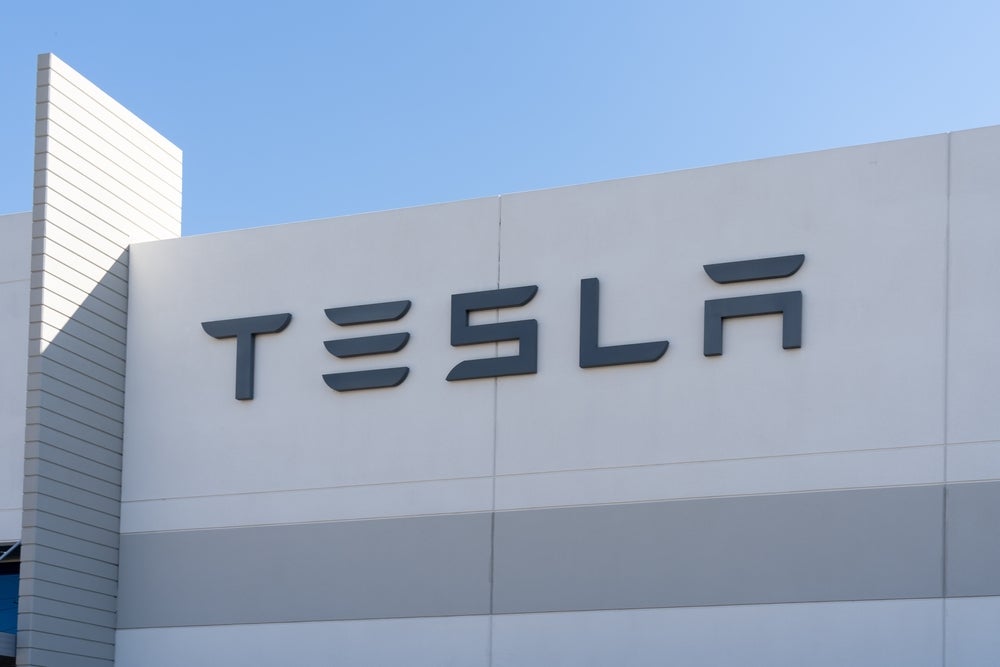
Tesla is poised to disrupt Britain’s energy market with the launch of a new household supplier, newspapers reported.
Tesla, which also runs an energy supply business in the US, plans to begin selling electricity to homes and running “virtual power plants”, according to a recent job listing cited by The Guardian.

Discover B2B Marketing That Performs
Combine business intelligence and editorial excellence to reach engaged professionals across 36 leading media platforms.
The listing for Tesla Electric, which supplies electricity to households which own Tesla product cars or batteries, called for a new executive “with a healthy scepticism of the status quo” to manage the company’s entry into the UK market.
The advert for a head of operations, which was first reported by the Daily Telegraph, said Tesla Electric would be able to “support the transition of the entire electricity grid to 100% renewables”.
It was understood Tesla might be planning to help customers who own a Tesla Powerwall battery, solar panels or one of its electric vehicles to store electricity when it is cheap, and sell electricity back to the grid when market prices are higher.
This can help households avoid peaks in market prices when renewable electricity is in short supply, and help the grid do without fossil fuels by making better use of renewable electricity.
Tesla first launched its household supply deals in Texas late last year, and offered drivers who bought its Model 3 car between May and June a year of free, overnight vehicle charging at home when they signed up with Tesla Electric as their retail electricity provider. After the first year, drivers would default to Tesla’s standard overnight charging rate of US$1 a day.
The Guardian said Tesla took its first step into the British market three years ago by applying to the energy regulator for Great Britain to be an electricity generator. Ofgem granted its licence in June 2020.
At the time, industry observers speculated that Tesla might be planning to build large scale battery storage projects in the UK, after its success building a 100MW storage scheme in less than 100 days in Australia.
A generation licence would also allow Tesla to aggregate customers across the country and, in effect, create a virtual power plant. Similar tariffs for households with batteries or solar panels are already available from suppliers including Octopus Energy and Ovo Energy, the paper noted.
Earlier this year, Tesla set out a “master plan” to eliminate fossil fuels from the world economy by relying on electrification and smart power storage technology.
Tesla’s report found that a sustainable energy economy was “technically feasible” and would require “less investment and less material extraction” than continuing to support an unsustainable energy economy.
The company’s call to revolt against the fossil fuel industry by eliminating fossil fuels through a “hugely and politically difficult” carbon tax would not extend to Musk’s SpaceX venture, the paper noted.






